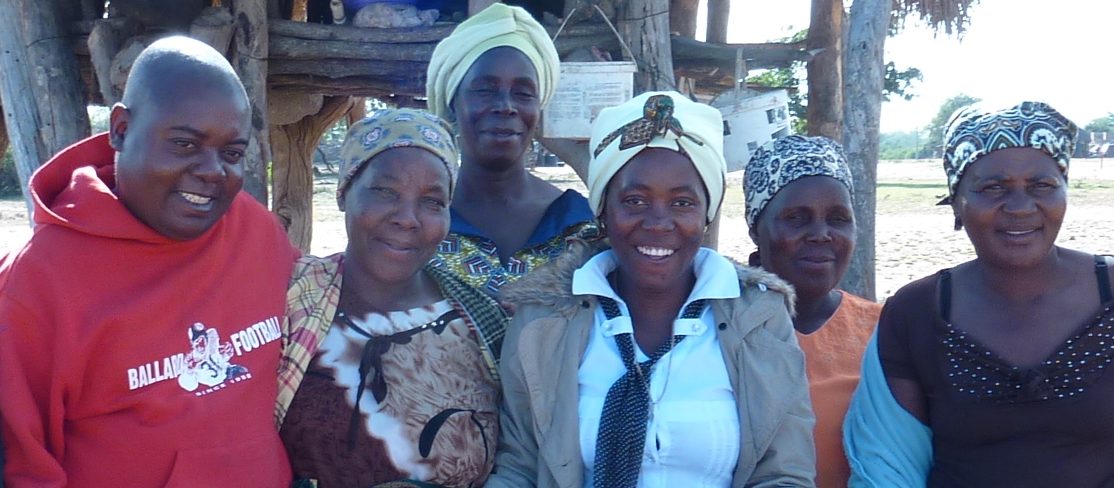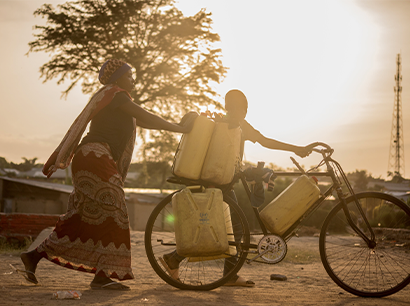There is a place where women are sent into forests to collect fodder to feed their livestock – despite farmers keeping their cows out of the very same forests for fear that their precious livestock will be eaten by tigers.
This is also a place where every second person you speak to believes a man is allowed to beat his wife.
This place? Is in the state of Uttarakhand, high in the Himalayan mountains and distant from any infrastructure and key education or health services – where the stories you hear constantly remind you of the deep-rooted inequality and persistent hunger.

This way of life is not sustainable, for anyone. It keeps women subjugated, isolated and discriminated against; men disenfranchised, abusing their power and turning to illegal alcohol for respite; forests decimated because the trees are sold off to big corporations with no benefit to the local community; and the cycle of hunger keeps on turning, as it has for generations gone by.
The cycle continues because, to date, solutions have always been band-aid fixes, and have never been addressed in a sustainable way. A holistic approach has never been taken to social, economic and environmental issues.
The Hunger Project is partnering with champions of change to create sustainable solutions to end their hunger. In fact, sustainability is a core principle of The Hunger Project’s work and is key to any solution we implement in partnership with the community.
One champion of change in Uttarakhand is Basanti – a pioneer of long-term solutions, a symbol of hope and optimism, and a fierce warrior protecting her people and her land.
Basanti is evidence that norms are shifting and that – while not inevitable – it is possible to replace band-aid fixes with sustainable solutions.
A brave form of protest was conducted by the women of a village in Uttarakhand. Led by their fearless leader Basanti, a group of empowered women took matters into their own hands to stop a truck, driven by a criminal cartel, carrying bootleg alcohol into their village.
They stood shoulder-to-shoulder in the middle of the road, physically blocking the truck with their own bodies.
These women said they would rather risk their lives than live in fear.
Women in Uttarakhand know that illegal alcohol is killing their husbands and sons. In February 2019, 70 people died in the area after drinking a batch of tainted illegal alcohol.
Bootleg liquor is also directly linked to the dramatically high domestic violence rates in the region – a place where systemic violence against women has created a belief in women that men are allowed to hit their wives. 47% of women, and 42% of men, believe husbands are permitted to beat their wives.

Social inequality exacerbates and prolongs the devastating cycle of hunger and poverty, and impacts both women and men. To bring about a sustainable end to hunger once and for all, the gender discrimination that has been entrenched in Basanti’s community for generations must be eradicated.
The Hunger Project’s women’s leadership workshops in India are interrupting long-held, harmful social norms and gender roles that bar women from being active, valued community members.
Upon graduation from the workshops, women like Basanti become fierce leaders and champions of sustainable change in their communities. By opening the women up to the leadership and abilities already lying within them, Basanti and others go to great lengths in putting their lives on the line to eliminate social inequality and hunger from their villages forever. They look for the root causes of issues – and work to address them, in order to bring about lasting change.

In a community with limited access to natural resources, conservation is crucial. If the environment is compromised, so too is the food and firewood they rely on.
In the face of this, Basanti is working tirelessly to strengthen the age-old and unique Uttarakhand institution of “forest councils” to protect the forests for generations to come.

“Our engagement with the forest makes it inevitable for us to feel more responsible for protecting what we consider living, breathing creatures.”
The elected women of Uttarakhand have banded together to relentlessly fight the increased deforestation that has led to environmental degradation. By vocalising the imminent threat to their environment, they have re-established 50 forest councils to educate government workers about the threats and ensure the forest is protected in government policy. Under their supervision, thousands of saplings are being planted to help repair the damage that has been done to their local ecosystem.

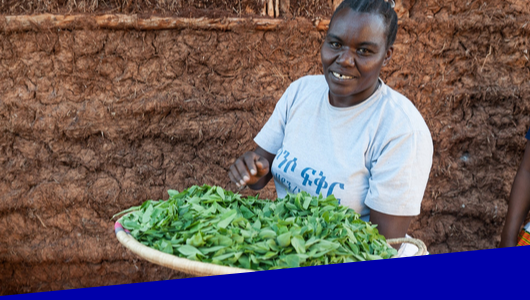
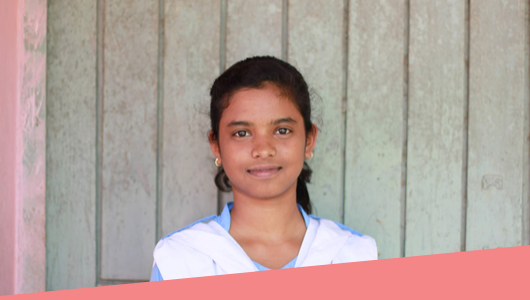
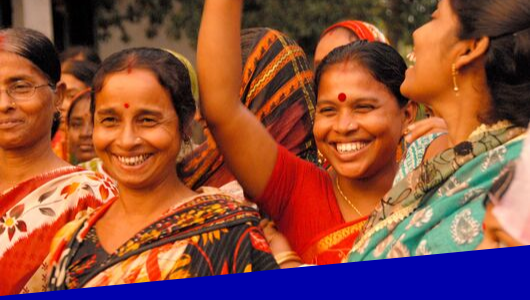

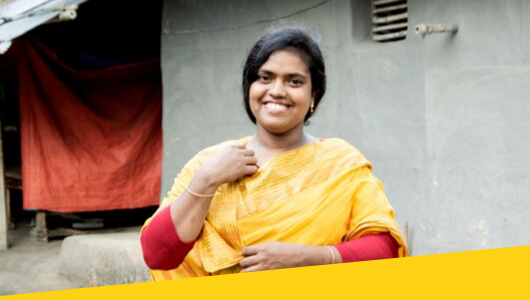
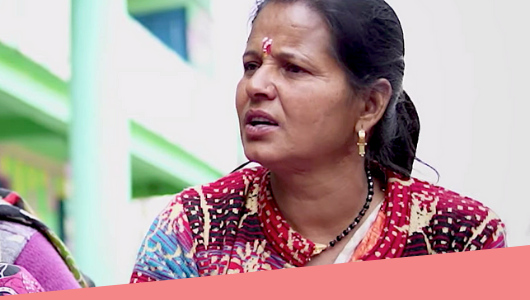
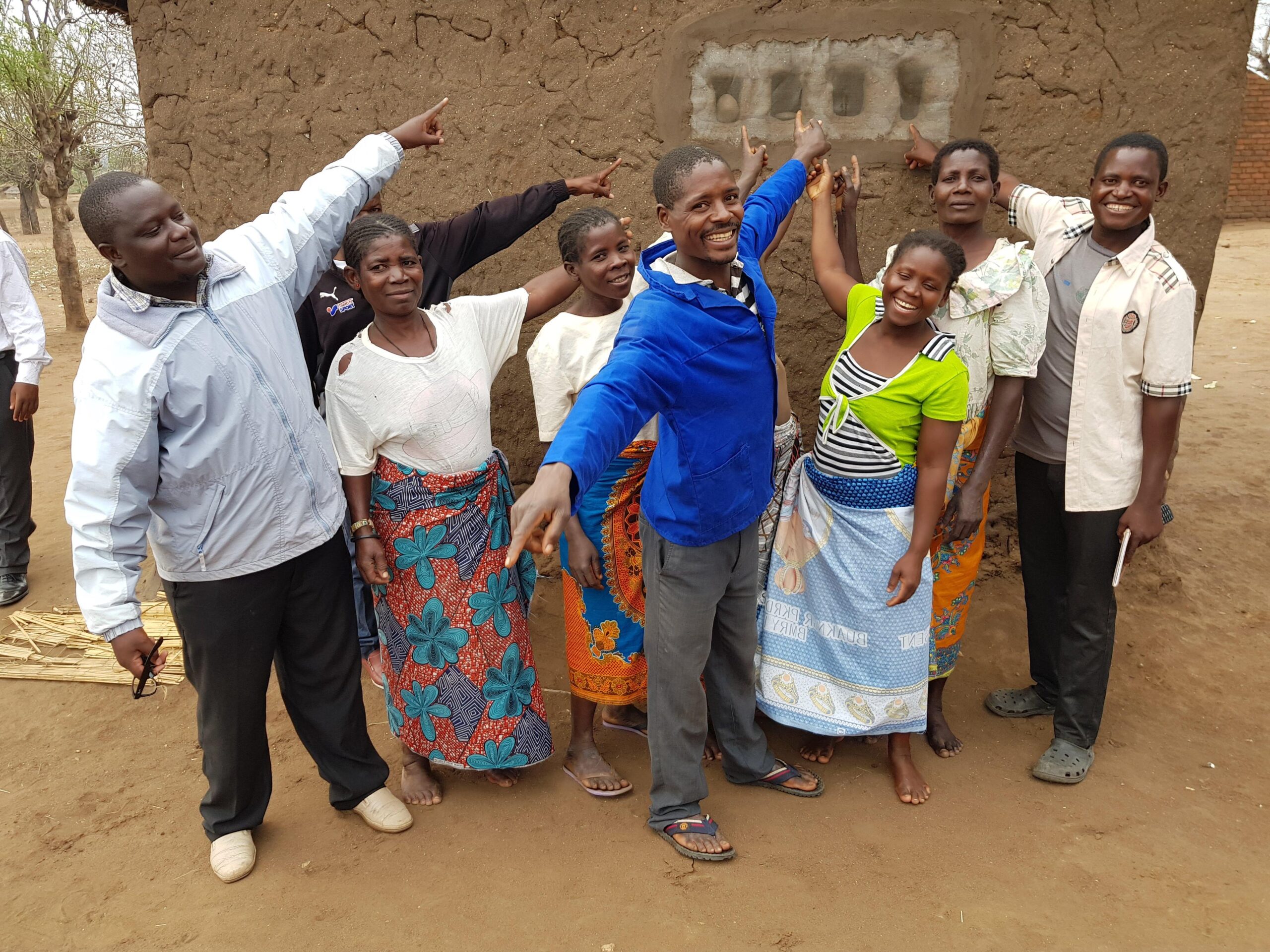

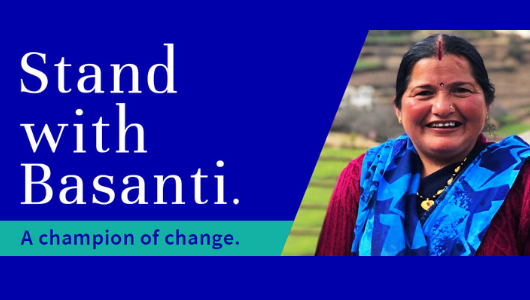




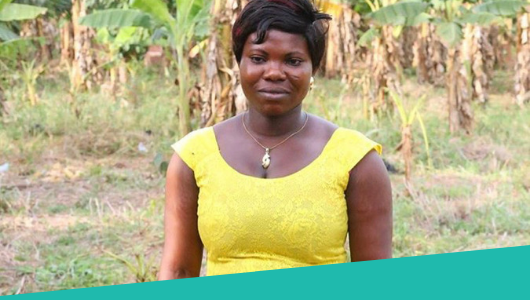
 Abigail is a 27-year-old entrepreneur from Boti in the eastern region of
Abigail is a 27-year-old entrepreneur from Boti in the eastern region of 